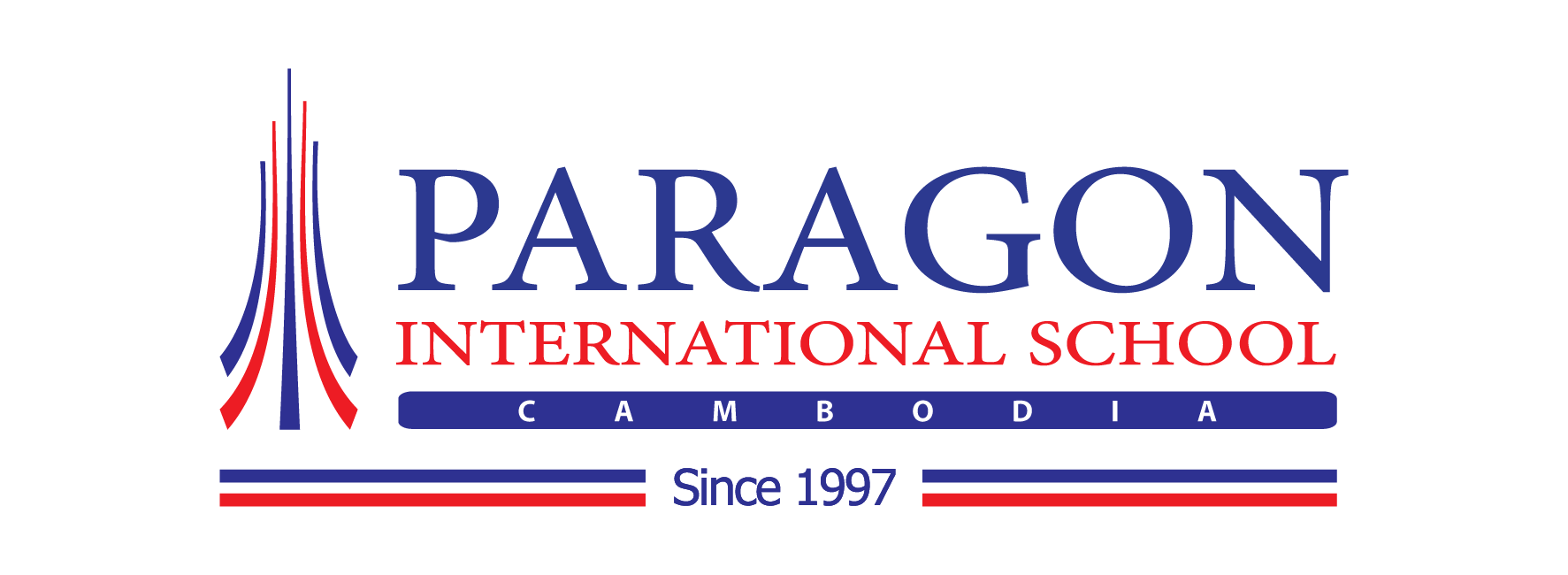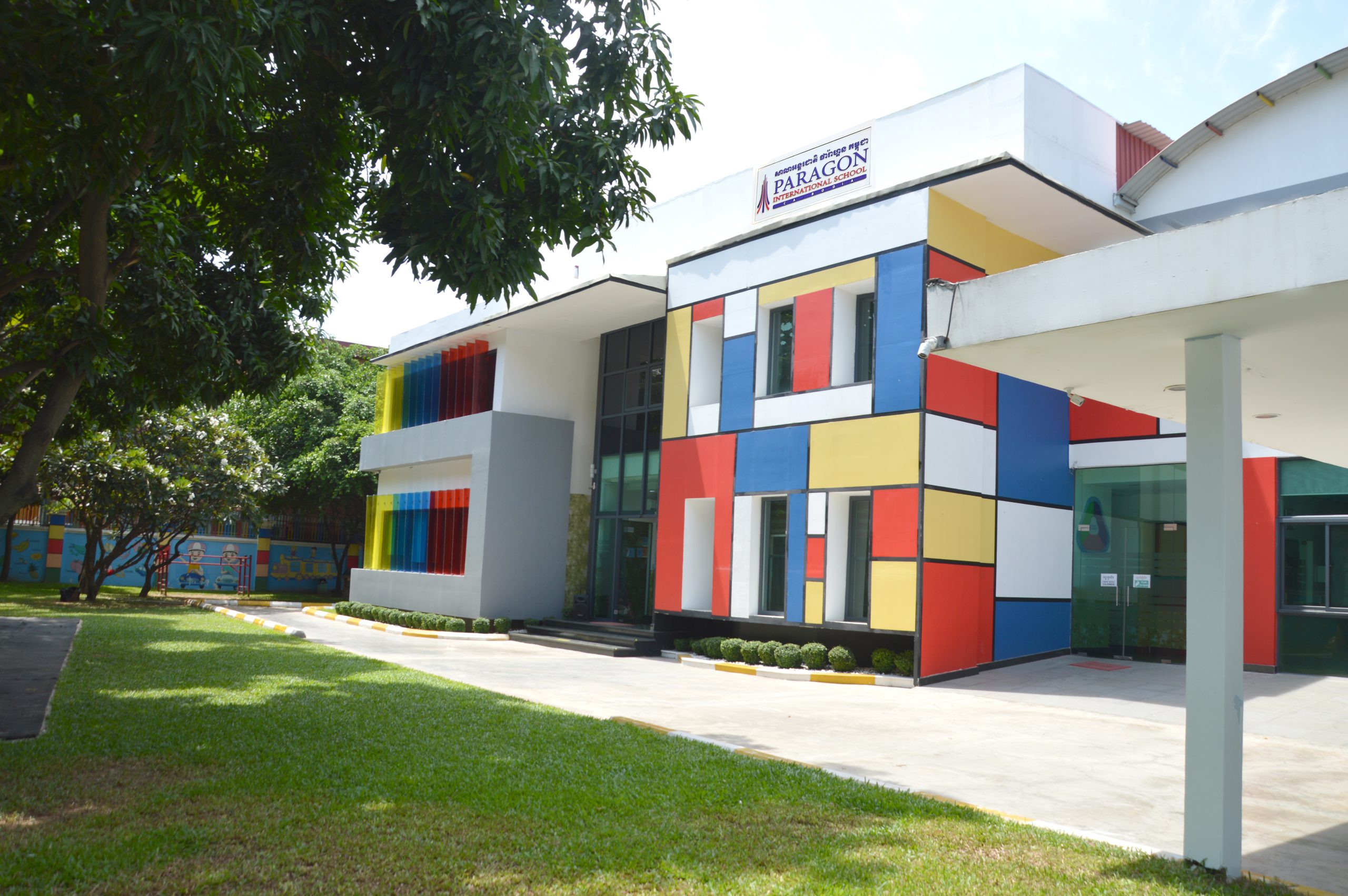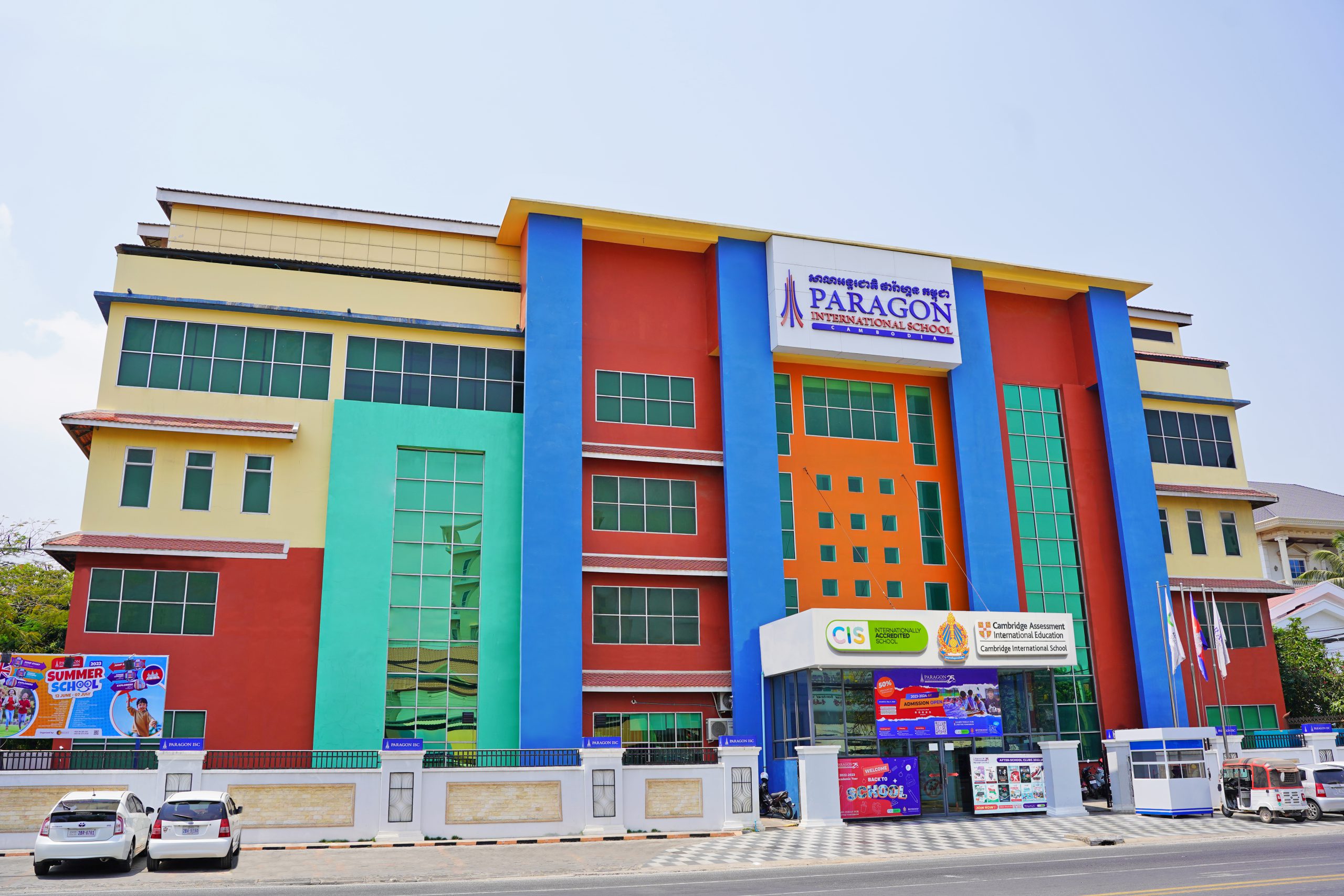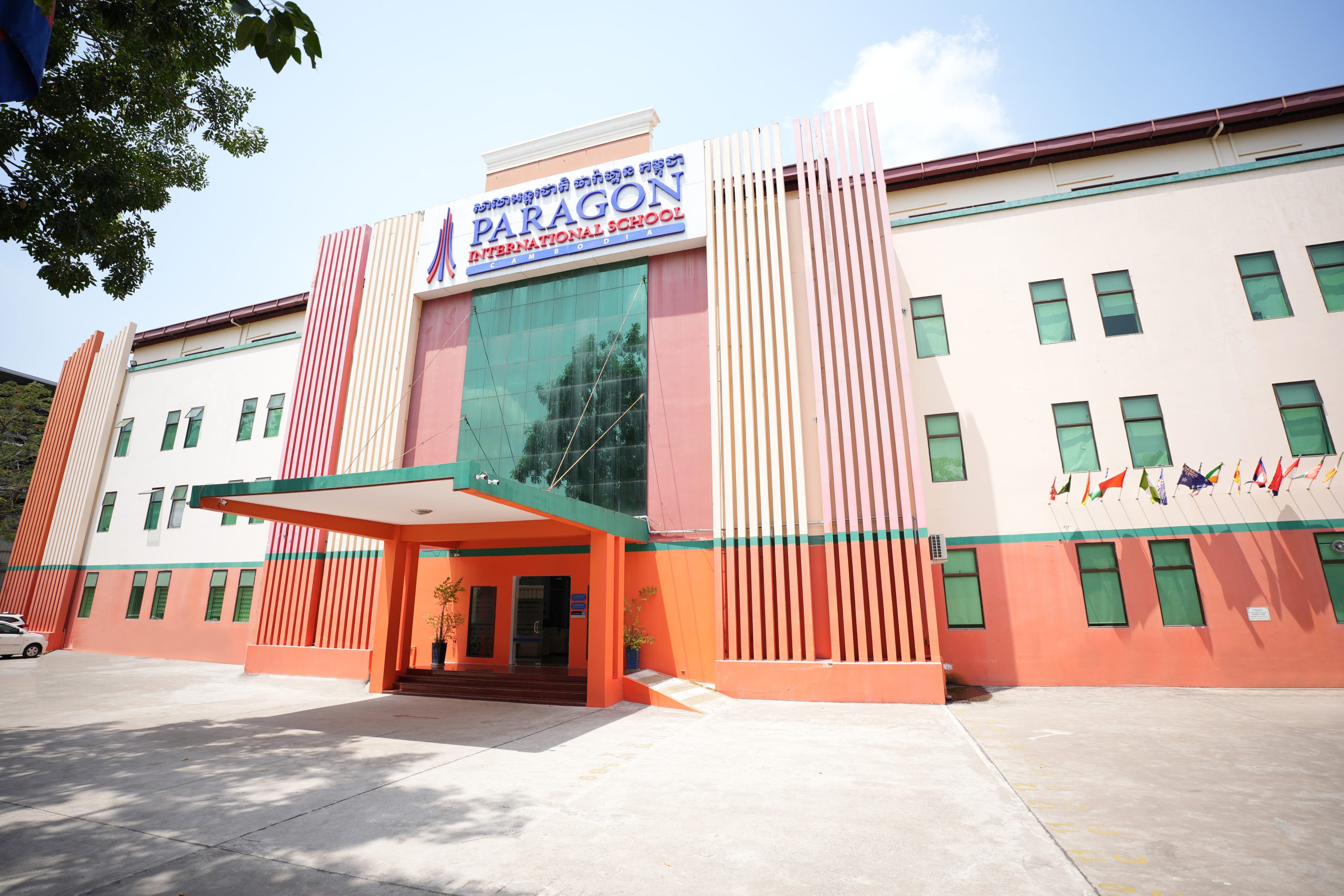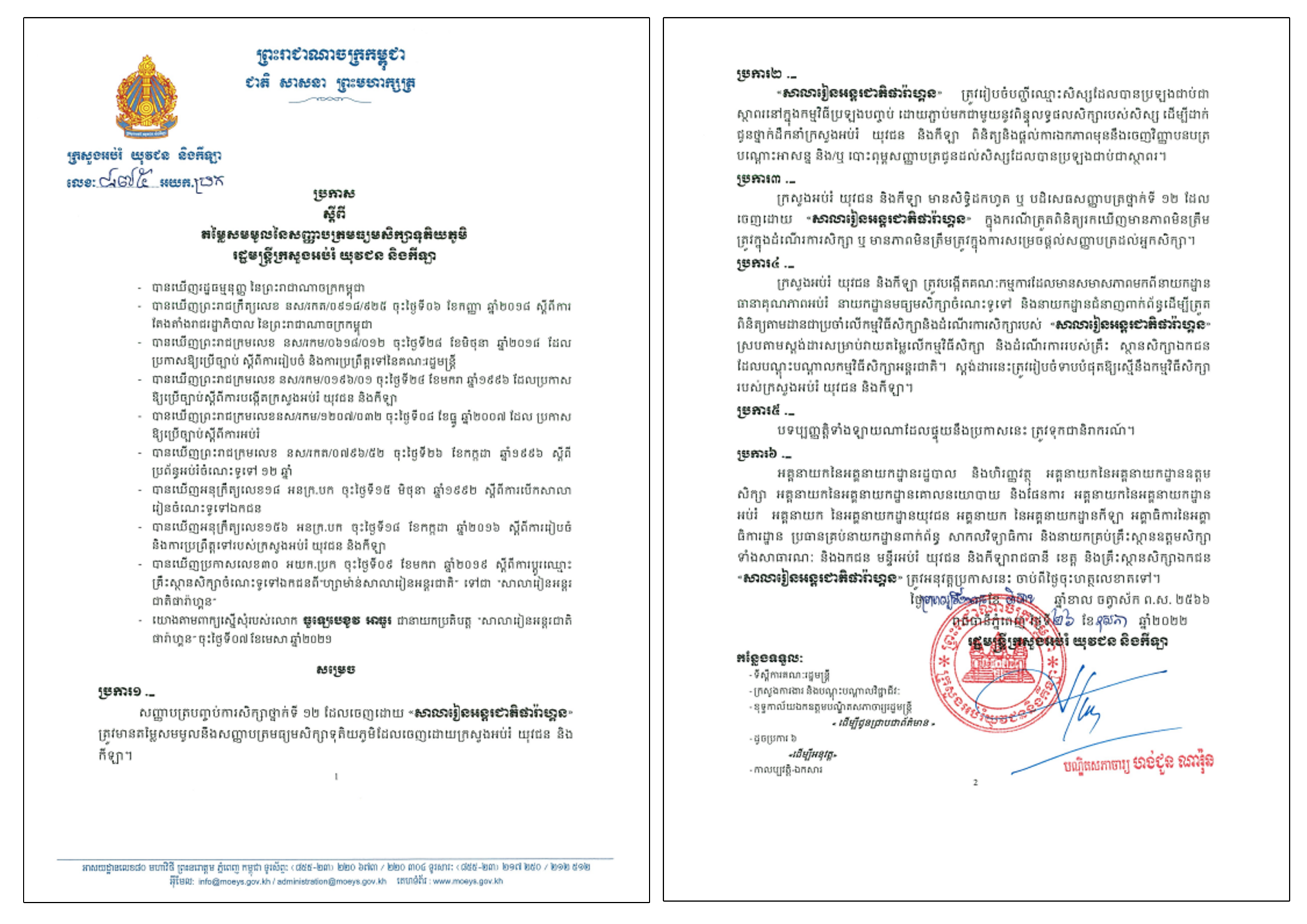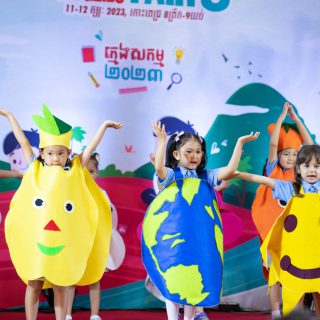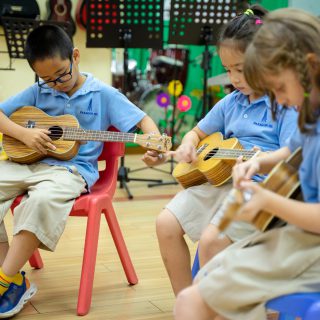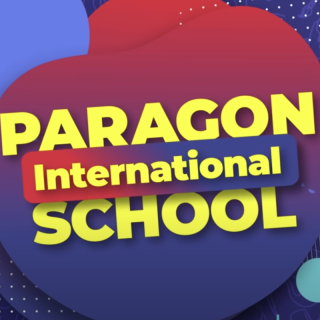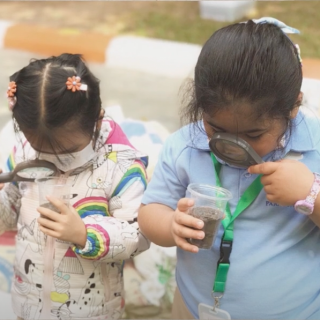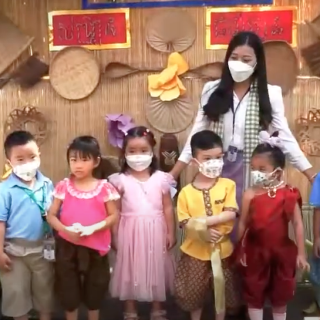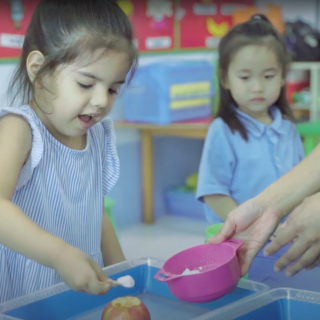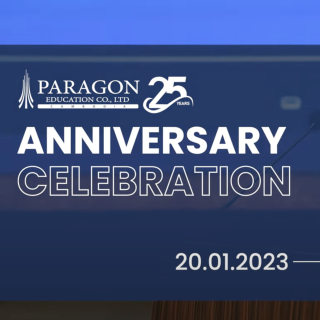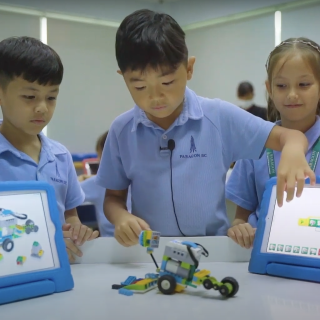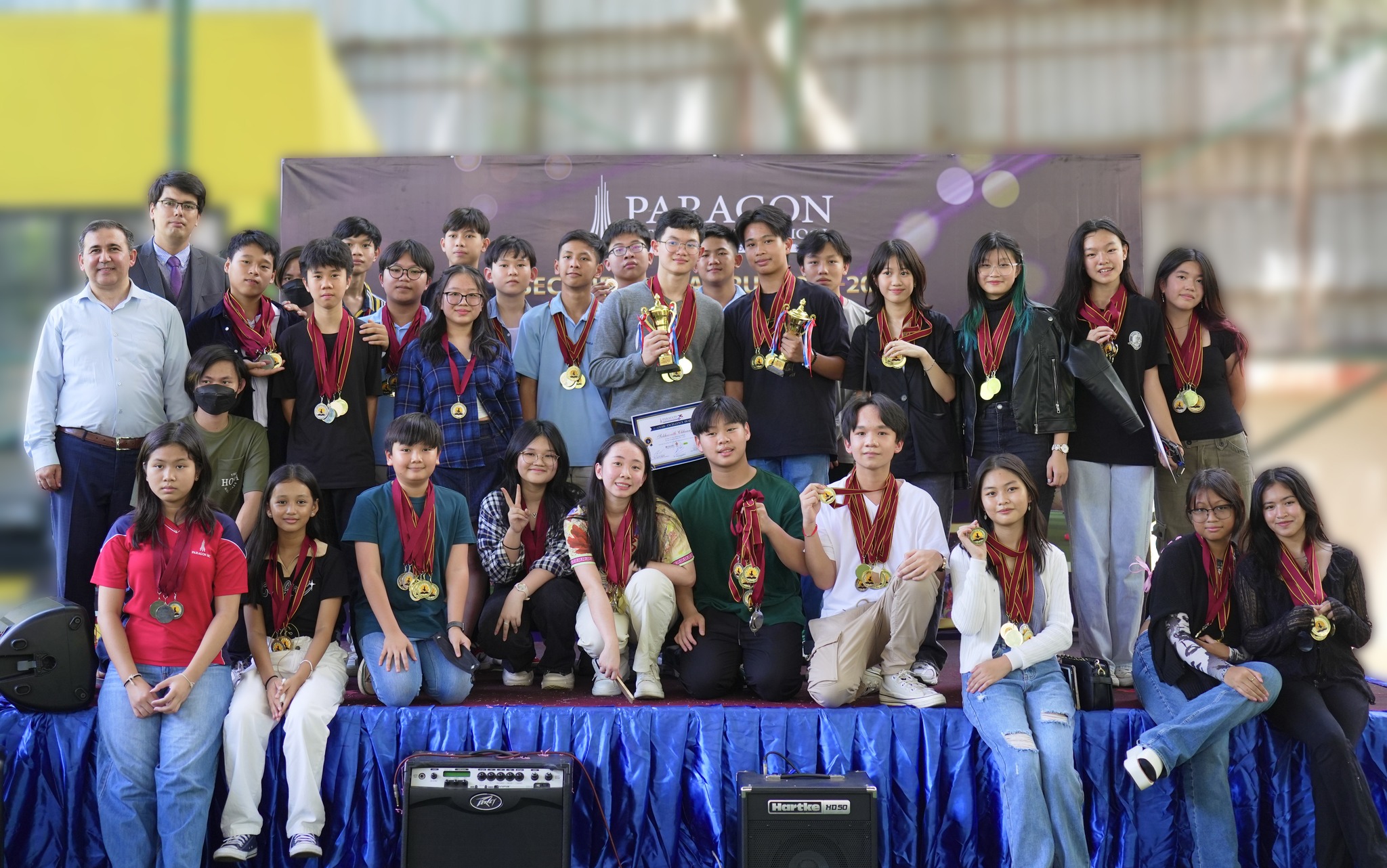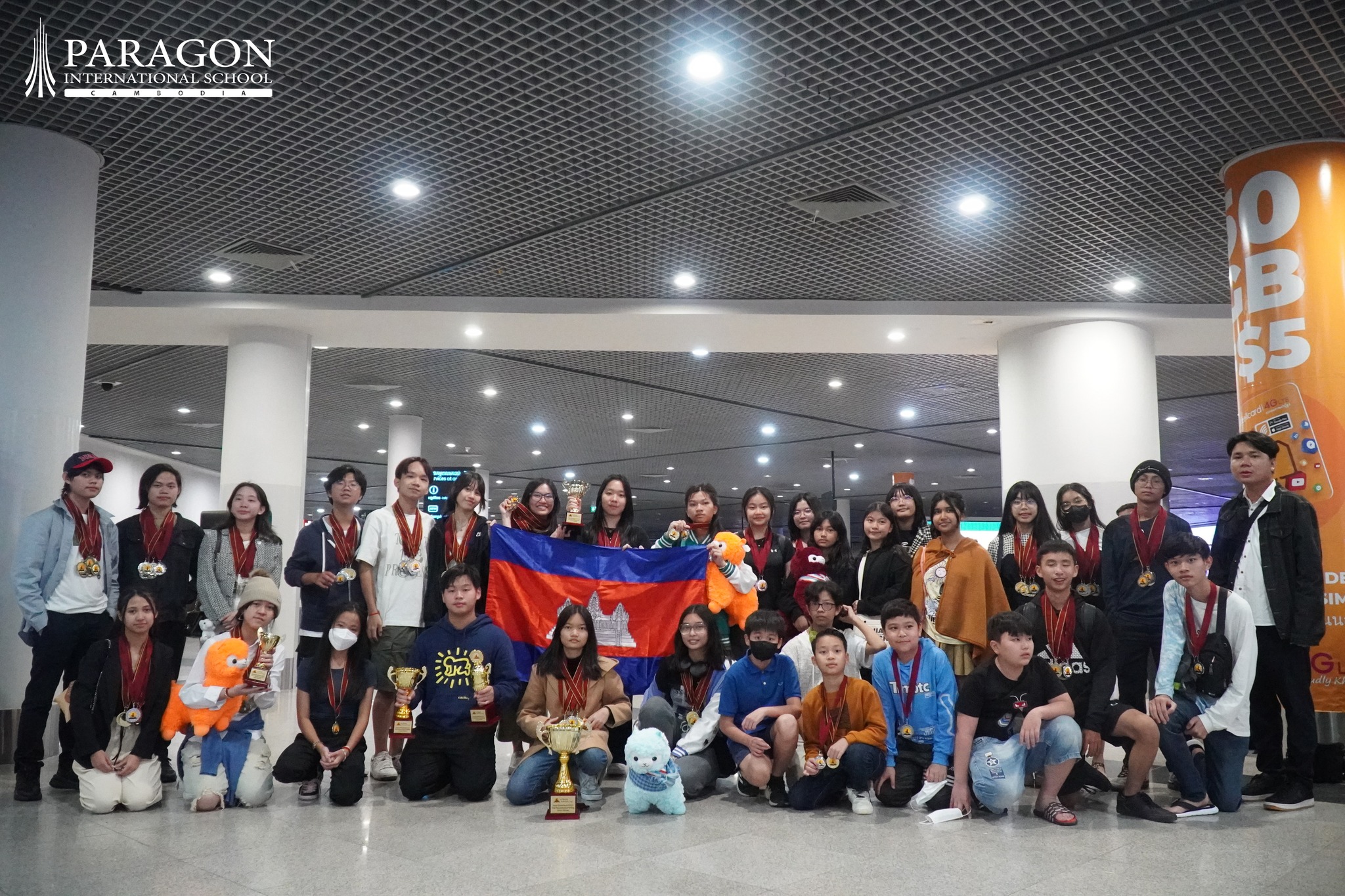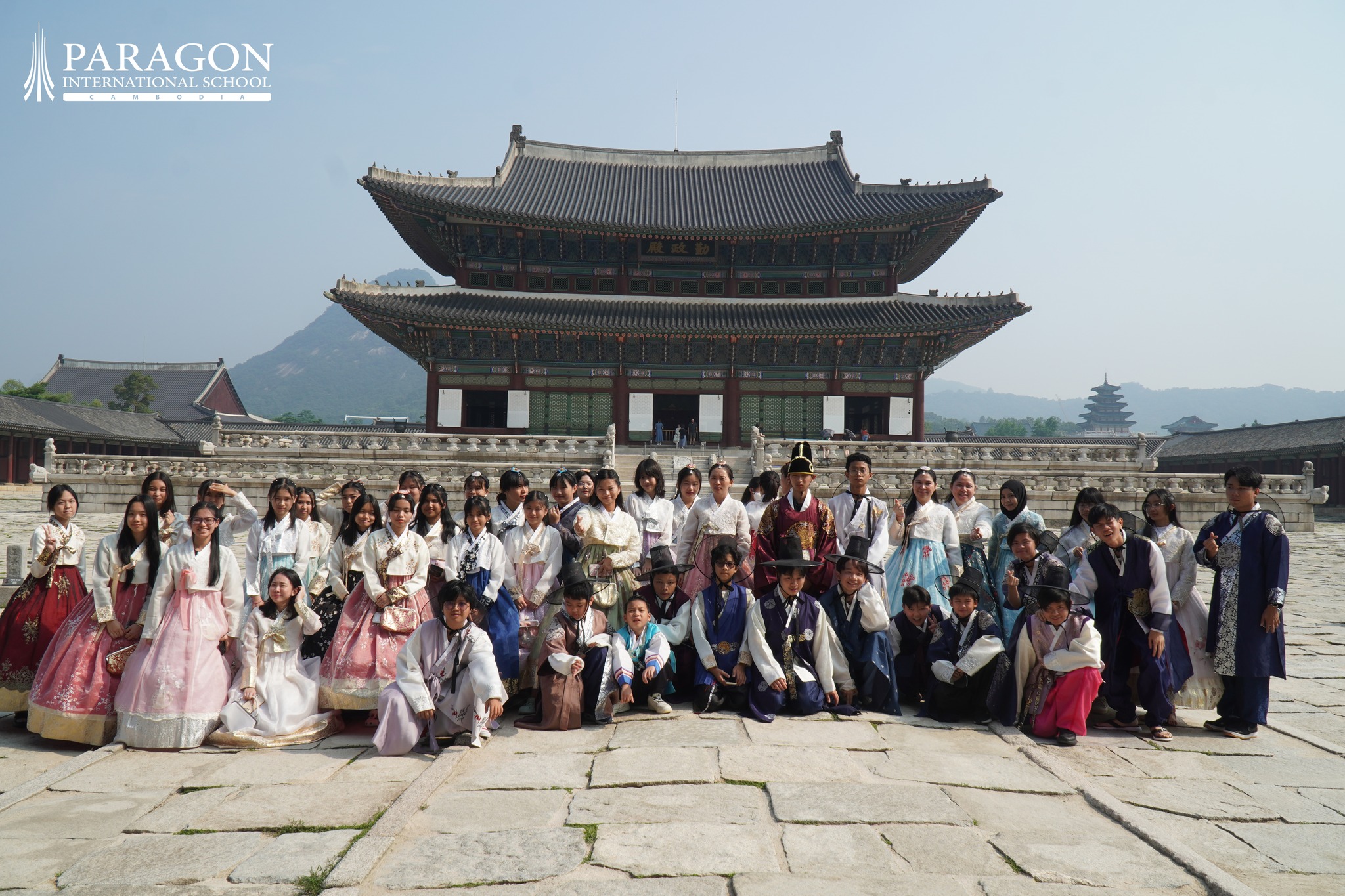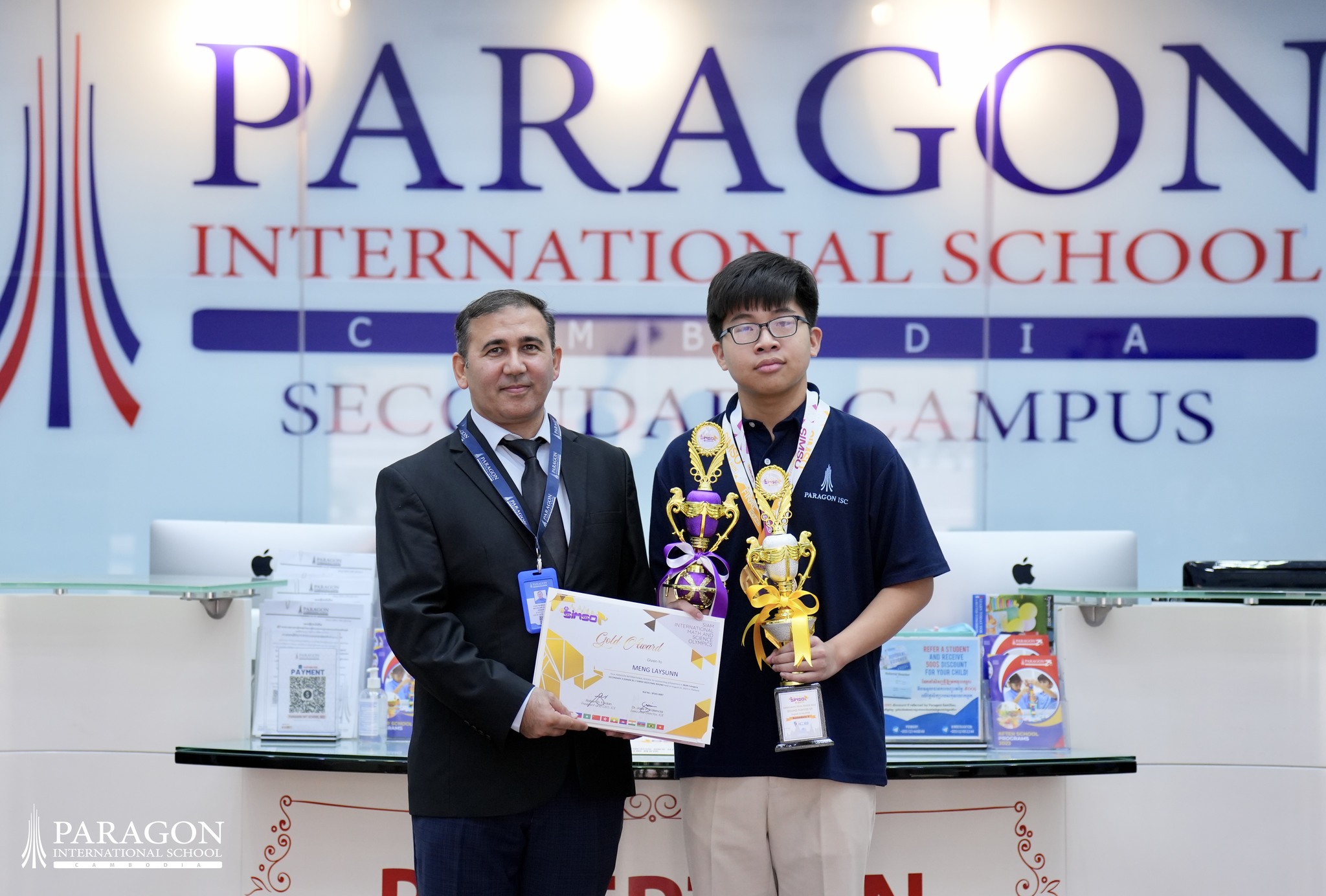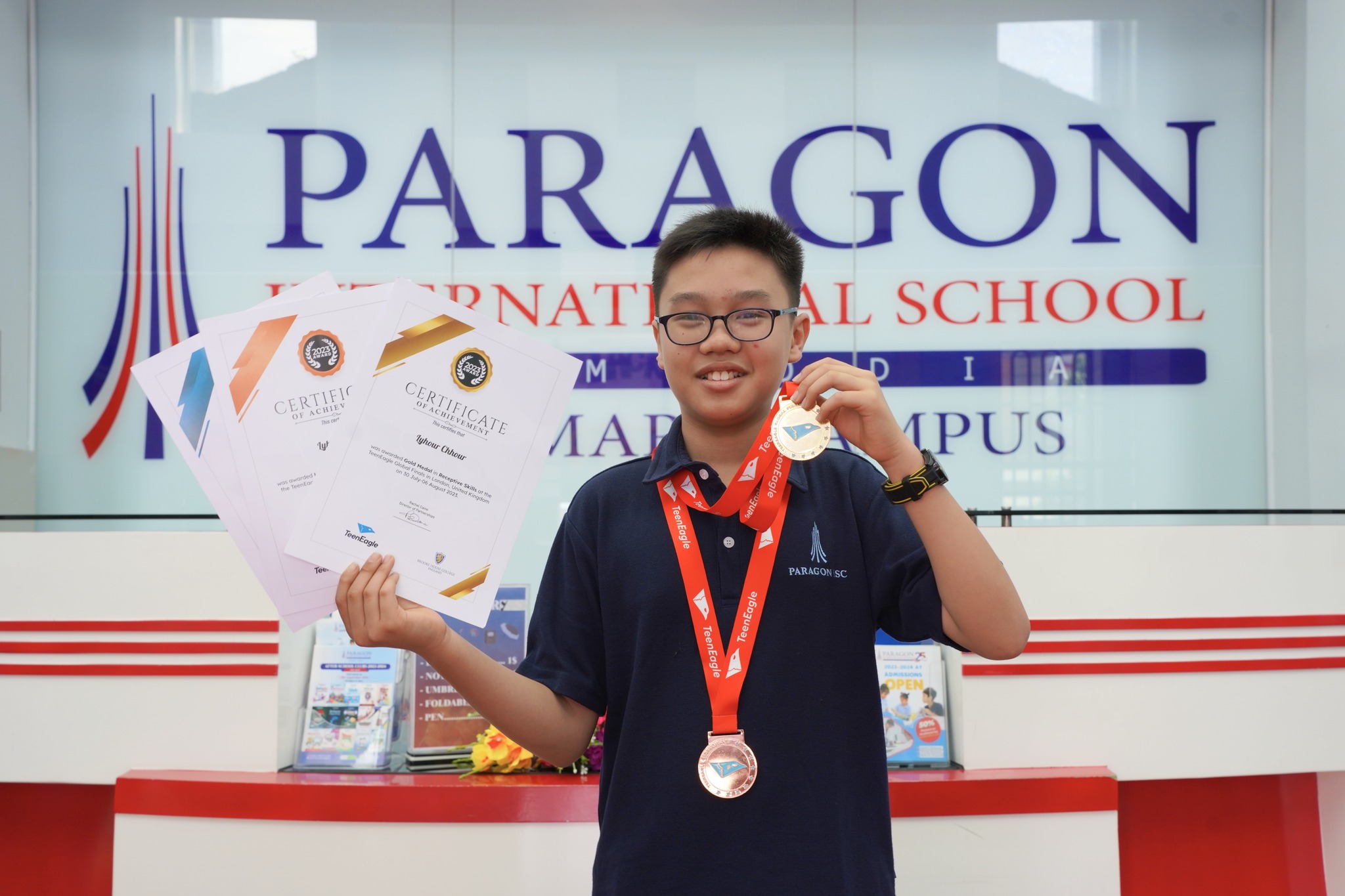
About Paragon ISC
Paragon International School, Cambodia (Paragon ISC), formerly known as Zaman International School, was established in 1997. It is governed by the School Board and is one of Cambodia’s premier international schools.
The school is certified by the Ministry of Education, Youth and Sports, Cambodia, and Cambridge Assessment International Education (CAIE), UK. Paragon ISC is also a registered centre for CAIE examinations.
Paragon International School, Cambodia, has been accredited by the prestigious Council of International Schools (CIS).

We offer an exclusive blend of national and international curricula to meet the diverse needs of our student body. The Bilingual program adopts both the Khmer National Curriculum and the Cambridge curriculum. The International program adopts the CAIE curriculum, seamlessly leading our students from Primary through Secondary and pre-university years. The students from the International program benefit from recognized programs such as Cambridge Early Years and Primary, Cambridge Lower Secondary, Cambridge Upper Secondary (IGCSE), and Cambridge Advanced Levels (AS/A Levels).
Our curriculum strives to incorporate the experiences, cultures and perspectives of our students, specifically, an appreciation of Cambodia’s culture and its contribution to the heritage of the enlightened world with a primary focus on internationalism, to create open-minded world citizens who have international perspectives, are self-confident and conscientious, and who can function as leaders and team members in societies all over the world.
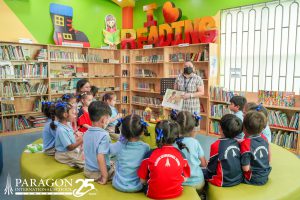
The teaching and support staff represent more than nine countries and are dedicated to delivering the highest quality holistic education to our students.
We inspire our students to pursue and achieve their dreams and get admitted to the best universities worldwide. Our alumni network has been our pride, and we continue to build strong bonds between alumni, students, and parents.
Diploma Equivalency
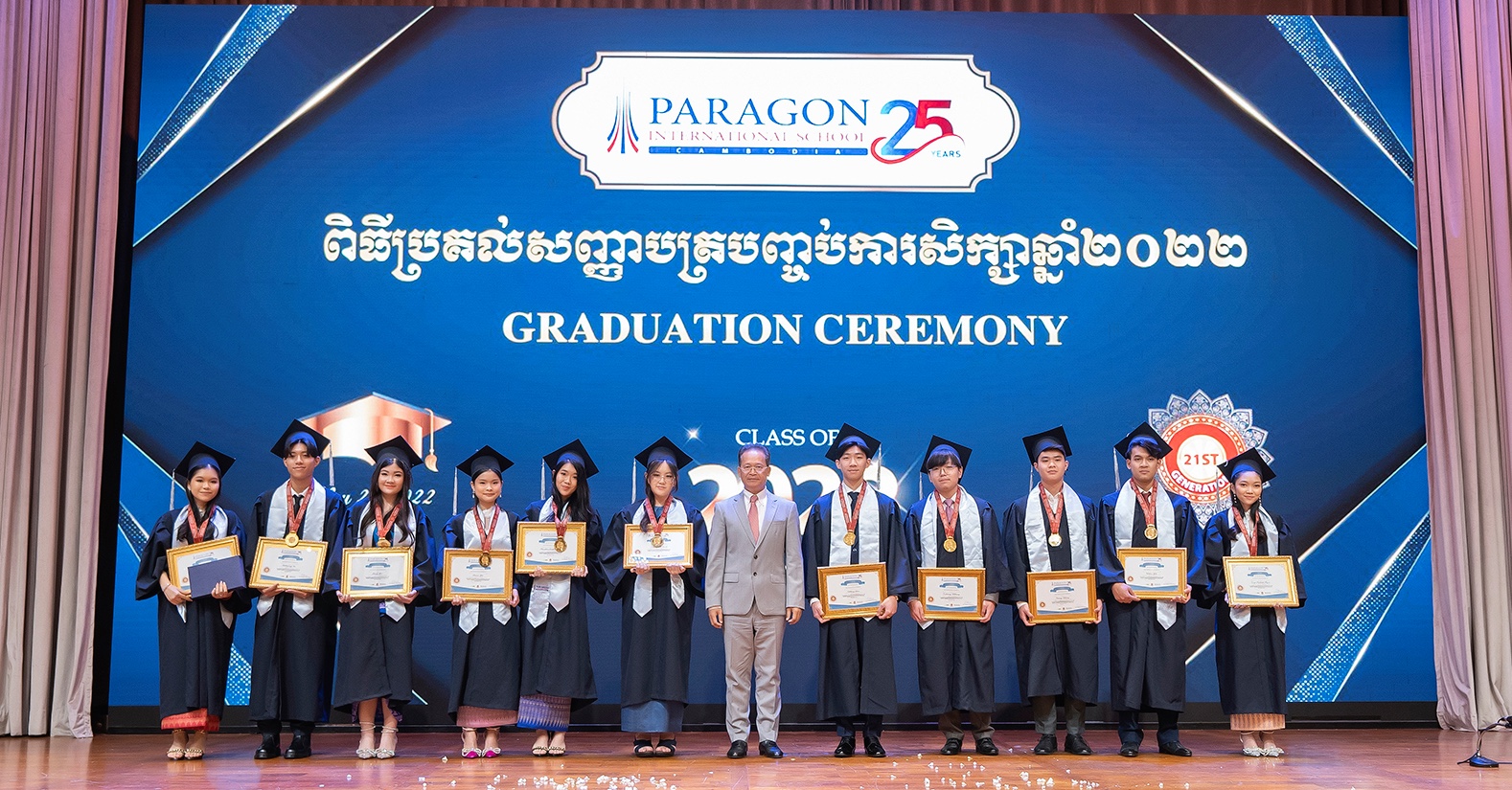
Paragon ISC’s High School Diploma for the international programme is recognised by the Ministry of Education, Youth and Sport as equivalent to the national high school diploma.
It means that the Paragon International School’s Grade 12 diploma is recognized as equivalent to the Grade 12 National Diploma by the MoEYS (Ministry of Education, Youth and Sport). Students will receive their national diploma without sitting for the Grade 12 National Examinations.
- To be considered for admission to National & International Universities
- To apply for jobs in the public & private sectors in Cambodia
Students need to complete the international programme in high school to receive the equivalent national diploma.
Students in the International programme follow the Cambridge International Curriculum. All courses are taught in English. Students can choose to study a foreign language as well. A requirement for equivalency will also require local students to take Khmer Language and Khmer History classes.
Students in the bilingual program study all required national curriculum subjects in Khmer and a minimum number of Cambridge subjects in English. In order to get the national diploma, bilingual students will need to successfully pass Grade 6, Grade 9 and Grade 12 examinations.
Students studying in the international programme do not need to sit for the Grade 6, Grade 9 and Grade 12 national examinations. Students will sit for the school-based summative examinations from the Cambridge courses they study. At the end of each academic year students passing the required expectations will be promoted to the next grade levels and final Grade 12 results will be sent to the MoEYS (Ministry of Education, Youth and Sport) for approval of the equivalent diploma.
In addition, if a student desires Cambridge qualifications at different levels, he or she must register and take the Cambridge examinations for the desired subject or subjects.
A student can register for this programme at any grade level from the start of primary level.
The student should contact the school reception or visit the school office.
Yes. More details can be obtained by contacting the school office.
A student can switch from a bilingual to an international programme at the end of the academic year. However, switching from the international to the bilingual program is not permitted.
School Guiding Statements
Vision
To nurture self-aware individuals who respect others and contribute to their nation and the global community.
Mission
To enhance academic quality in a safe and supportive environment, helping students reach their potential and grow into responsible, global-minded and digital citizens.
Global Citizenship
To develop open-minded individuals who respect diversity and promote global harmony.
Our Value and Beliefs
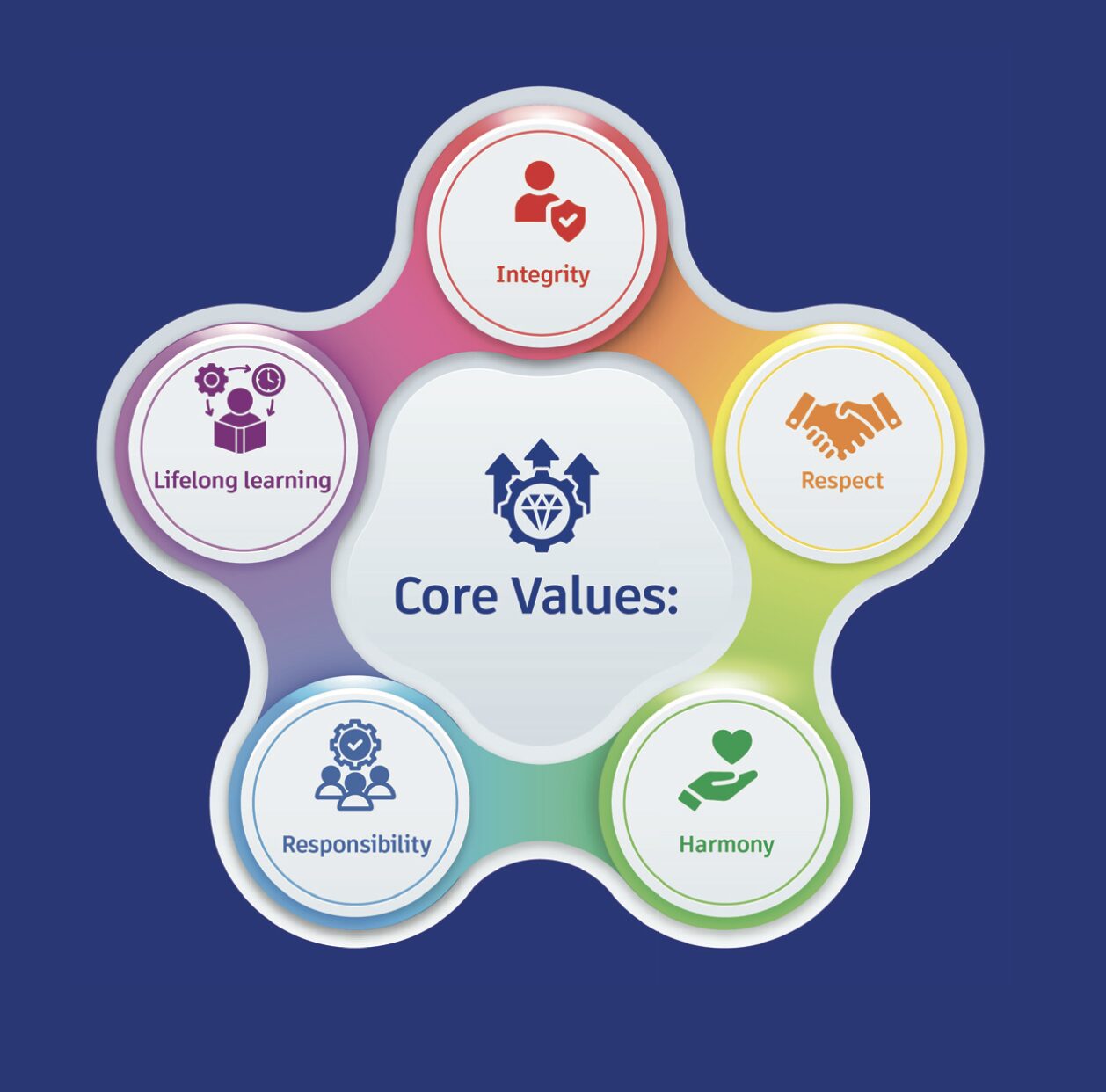
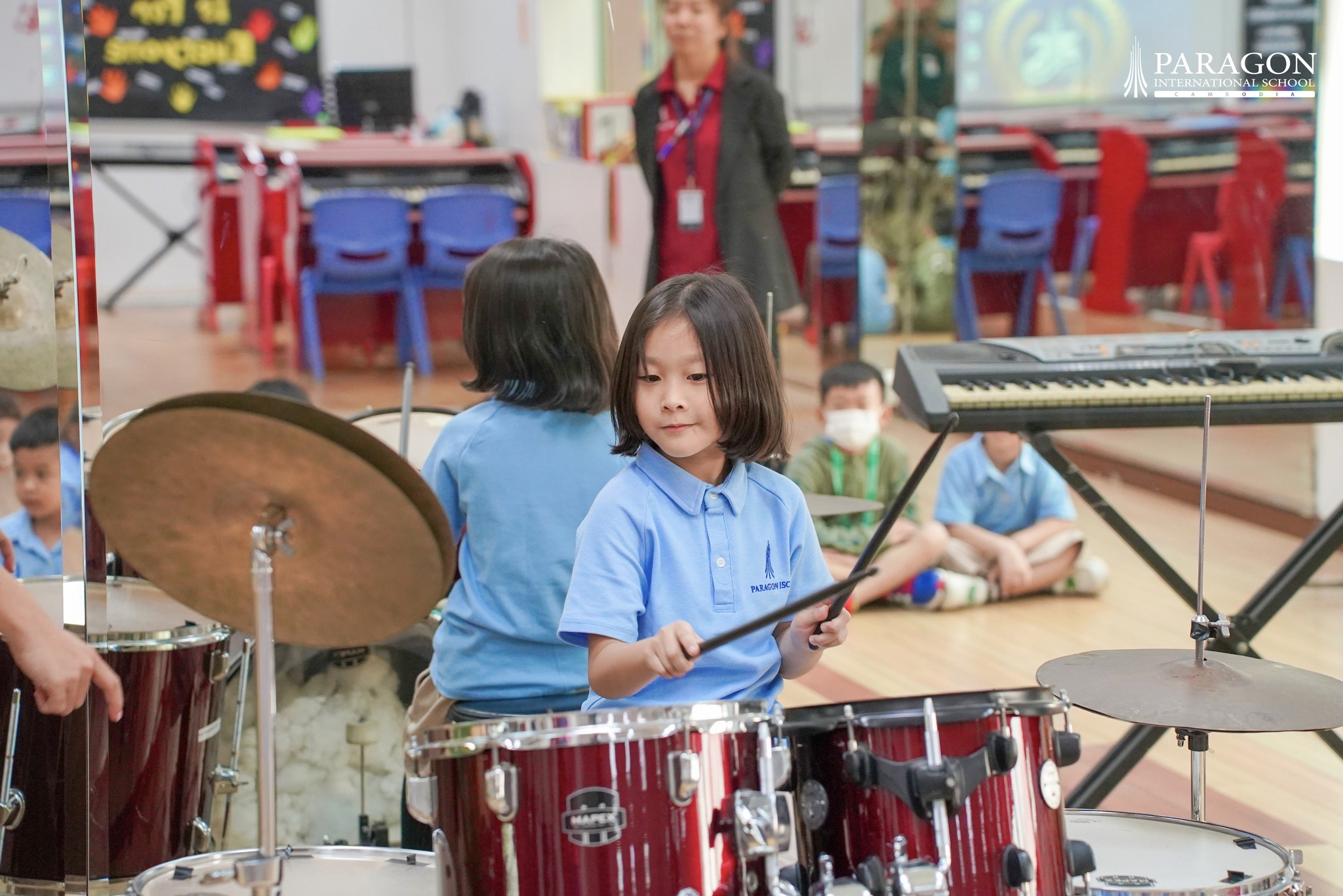
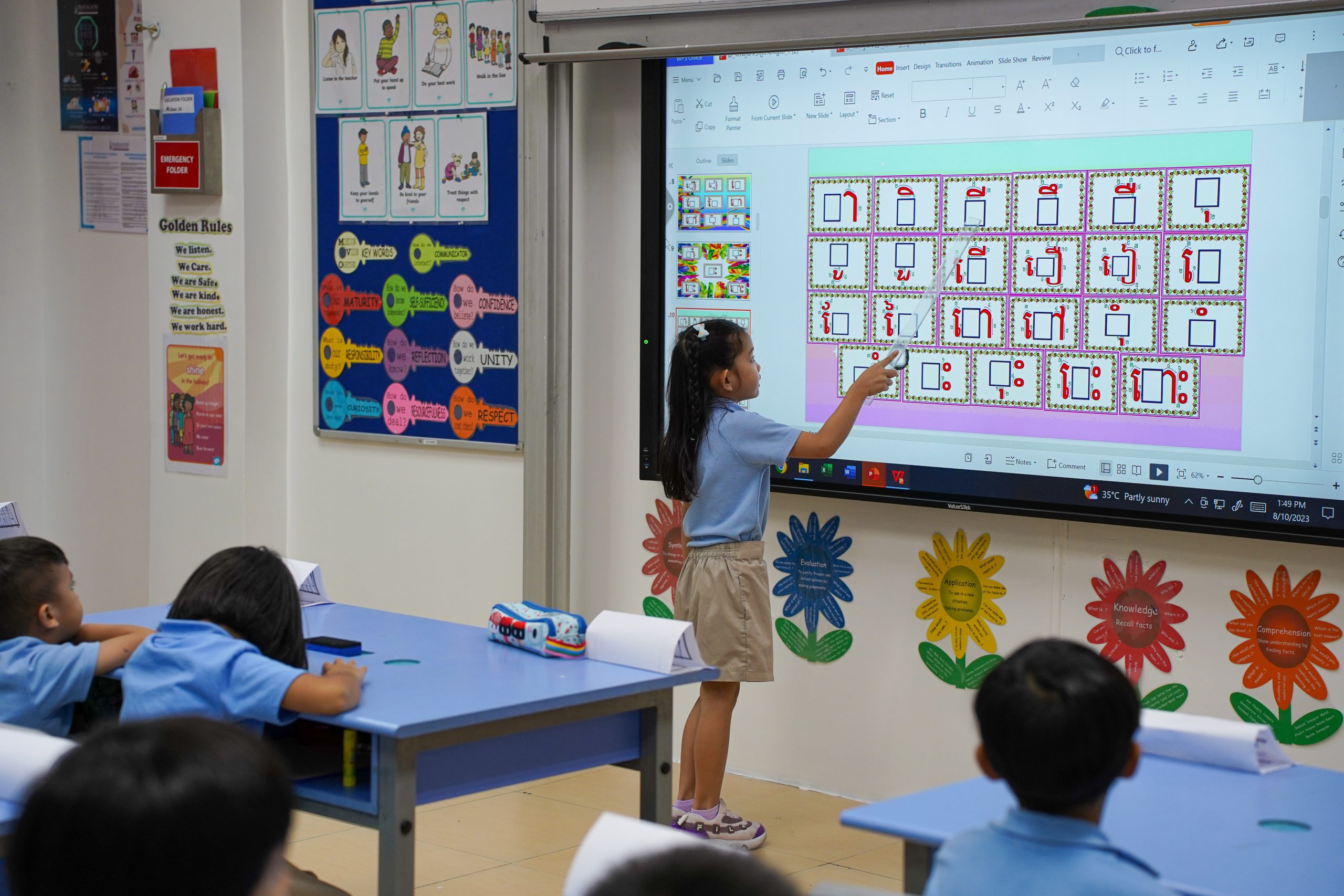
Definition of High Quality Learning at Paragon ISC
Students understand their learning goals and progress through tailored instruction, feedback, and collaboration with teachers. Students are guided to take initiative, work in groups, and apply learning practically while their well-being is prioritised, fostering skills in social awareness, global understanding, and teamwork.
